Chris McLaughlin
BBC Scotland sports news correspondent

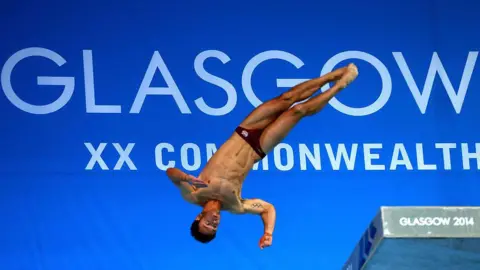 Getty Images
Getty Images
England's Tom Daley competed in the Men's 10m Platform Final during the 2014 Commonwealth Games
With a year to go until the Commonwealth Games in Glasgow organisers have yet to secure a UK broadcaster to televise the event.
Talks between the hosts and a number of broadcasters have been ongoing for some time but no agreement has been reached for live coverage.
The BBC has been the principal broadcaster of the Games since TV coverage began in 1954.
But it is understood an agreement is still some way off, with some sources within the corporation suggesting a waning appetite for continuing its association with the event.

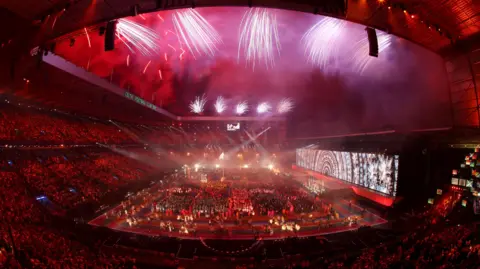 Getty Images
Getty Images
Celtic Park hosted the opening ceremony the last time Glasgow staged the Commonwealth Games
An agreement to broadcast Glasgow 2014, was in place a full three years before it started.
And the deal for the BBC to broadcast the last Games in Birmingham in 2022, was signed two years before the event.
That agreement represented the 18th consecutive Games to be broadcast by the corporation.
The BBC said it does not comment on sports rights discussions.
Phil Batty, chief executive of Glasgow 2026, said: "This week we have just announced Sky New Zealand as one of our broadcast partners.
"We also have Channel 7 in Australia, and there will be news on a UK broadcaster later this year."

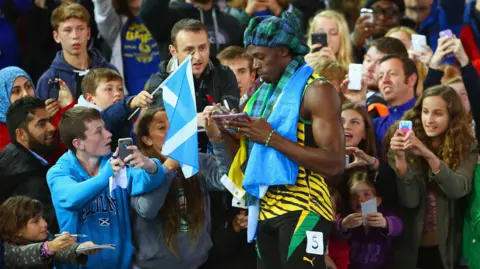 Getty Images
Getty Images
Eight-time Olympic champion Usain Bolt, of Jamaica, was the star attraction at the Glasgow Commonwealth Games in 2014
Glasgow stepped in to host next year's event after a number of cities pulled out for financial reasons.
The majority of the £114m budget is coming from the £100m in compensation paid by the state of Victoria after they pulled out of hosting in 2023.
The Scottish government gave its backing after receiving assurances that no public money would be used for the event, which is being scaled back to 10 core sports and four venues.
This includes a revamped Scotstoun stadium which will host the athletics.
First Minister John Swinney has said he is confident Glasgow is "well-organised and well-prepared" for a new-look Games that will capture the public's imagination.
He said: "All of our experience tells us that, on major events, the people of Scotland - and especially in Glasgow - get engaged."
Swinney also backed Glasgow's decision to save an event which has been criticised in some quarters as being an outdated link to Britain's colonial past.
He said: "The Commonwealth is still a very important forum for international co-operation and partnership between countries.
"And, frankly, we need more international co-operation and friendship and collective endeavour in a world that is becoming increasingly fractured."
Will Glasgow be the blueprint for future Games?
The one-year countdown to a large-scale sporting event provides the perfect opportunity for organisers to remind people what's coming and why they should be excited.
But for the team behind Glasgow 2026, it's also stark reminder of just how little time they have left to deliver an event that, at times, has seemed unloved and even unwanted.
Glasgow was confirmed as the host city in October last year but only after a number of other cities pulled out for financial reasons and a sceptical Scottish government was eventually convinced to back it.
It seemed like Glasgow or bust for an organisation that continues to fight for sporting and cultural relevance in a big event world where money talks only marginally louder than geopolitics.
With that as the backdrop, those in charge of the Games were forced to admit, perhaps sooner than they would have liked, that a "reset" was needed.
It's difficult to escape the euphemistic use of the word.
Put simply, for the Commonwealth Games to survive they knew it had to be scaled back to make it financially more appealing.
So, step forward Glasgow as the guinea pig saviour or canary in the coal mine.
Glasgow 2026 won't just be a sporting event.
Indeed those desperate to see the Games have a long-term future, want it to be a blueprint for others to copy.

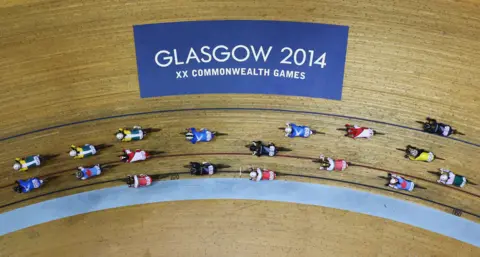 Getty Images
Getty Images
A general view of the Men's 25km Scratch race at the Sir Chris Hoy Velodrome on day four of Glasgow 2014
A year out, we know roughly what the Games will look like.
What we can't predict is what the Games will feel like.
This is a first and getting it right is a must for those who champion the Commonwealth in general.
What those organisers can't really control is the inevitable comparisons to Glasgow 2014.
When the Games were last in the city, the overall cost was £543m.
This time the budget is between £114-£130m.
Crucially, this time, no public money is being used.
The state of Victoria, which had to pay compensation for pulling out of hosting, have delivered a £100m cash injection.
The remaining cash will be provided by sponsorship and ticket sales revenue.
In fairness, those in charge of the event this time around haven't hidden from the obvious differences.
In fact they highlight that these games have been made possible by the building and infrastructure legacy left by Glasgow 2014.
That may be true but, with limited infrastructure changes and no promise of a city wide face-lift, what will the legacy be this time around?

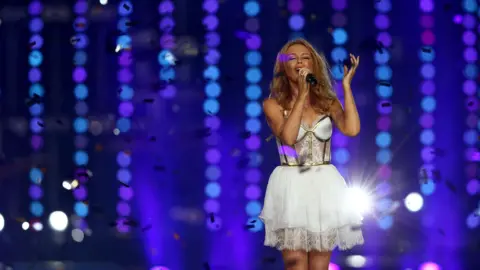 Getty Images
Getty Images
Kylie Minogue was among the performers at the Glasgow 2014 closing ceremony at Hampden
Like any large-scale sporting event, public support is crucial.
Colourful mascots and catchy slogans will do some of the heavy lifting.
But the organisers of this event know getting the message across that these Games won't be funded from the public purse is the key that could unlock the support they need.
Most Glaswegians have fond memories of Glasgow 2014 but whether or not they will get as excited for a hugely scaled back version remains to be seen.
Those putting on the show insist it's free money for the city and its residents - a Glasgow party paid for by Australia.
Almost as important as public backing is the buy-in from athletes.
Don't underestimate what it means for some within the key Commonwealth countries to compete against each other.

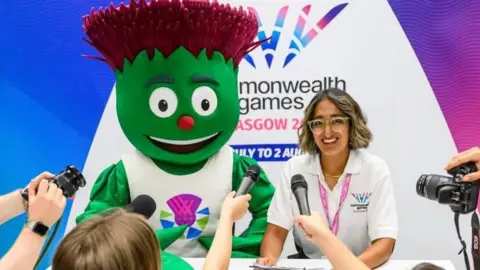 Glasgow2026
Glasgow2026
Clyde the mascot of Glasgow 2014 will not be returning for next year's Commonwealth Games
There's little doubt that the Games still have significance for many but with an ever-expanding sporting calendar, there is plenty of competition.
In athletics, the Diamond League has expanded to include more meetings across different continents.
The World Athletics Championships have also grown in terms of participants and countries involved.
The swimming schedule is also expanding with discussions aimed at professionalising the sport and increasing its prominence.
Athletes could see these Games as a good midway point in their preparations for the LA Olympics in 2028 but others may want to prioritise different events.
As the Games look to reset in scale, there's also an understanding within the organisation that questions over how culturally relevant they are, won't go away.
For many of the smaller nations and territories, the event provides a platform to compete, win medals and boost national pride through sport.
The Commonwealth Games is often framed as a celebration of shared history and cultural ties, but it cannot shake the fact that, for many, the Games are viewed as an outdated nod to a colonial past.
With the Games at a crossroads in so many ways, Glasgow 2026 has been tasked with, not only keeping the event alive, but proving that it can have a future.

 8 hours ago
1
8 hours ago
1


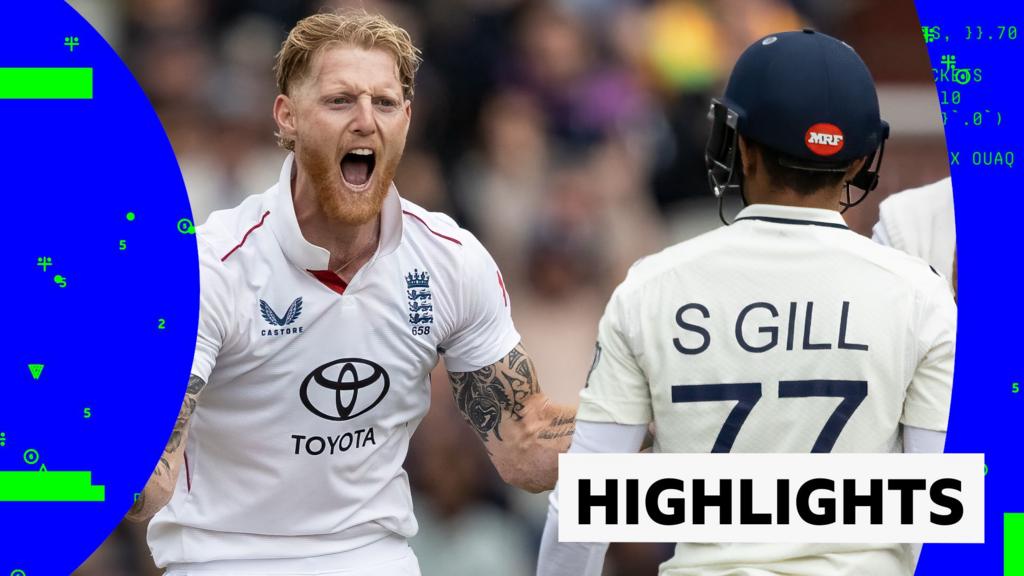
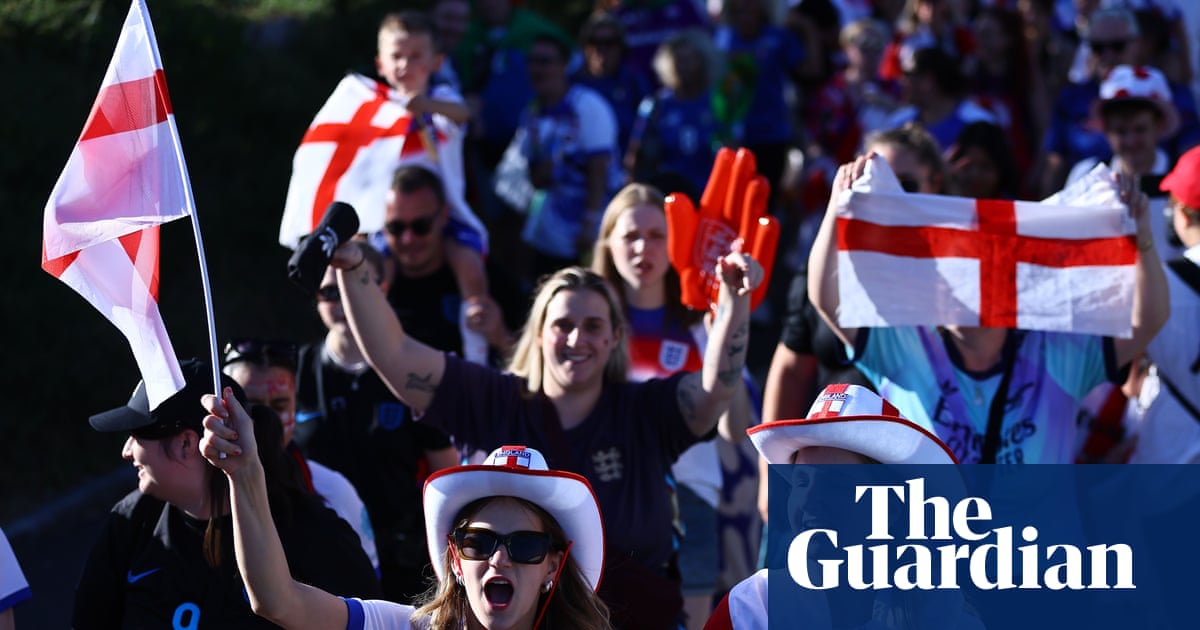

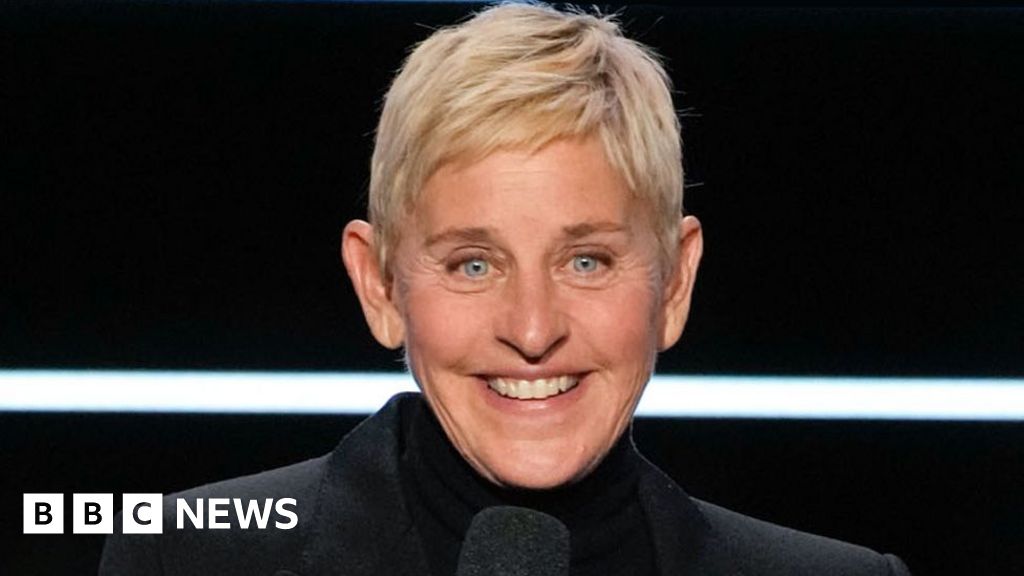
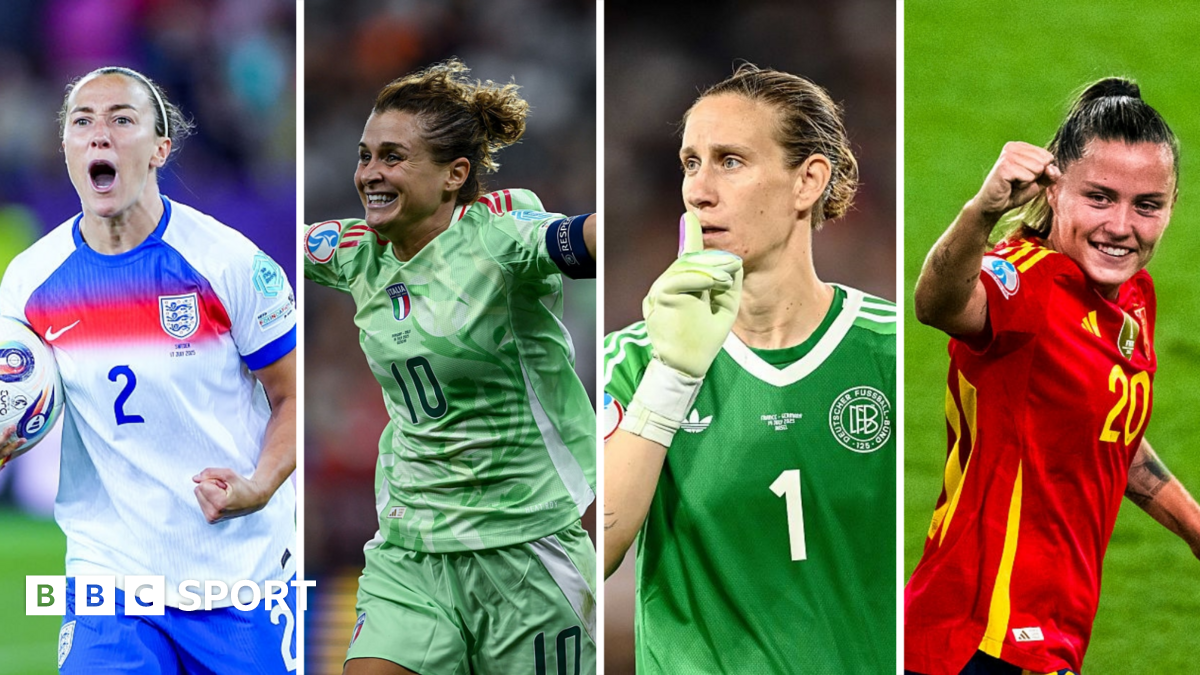

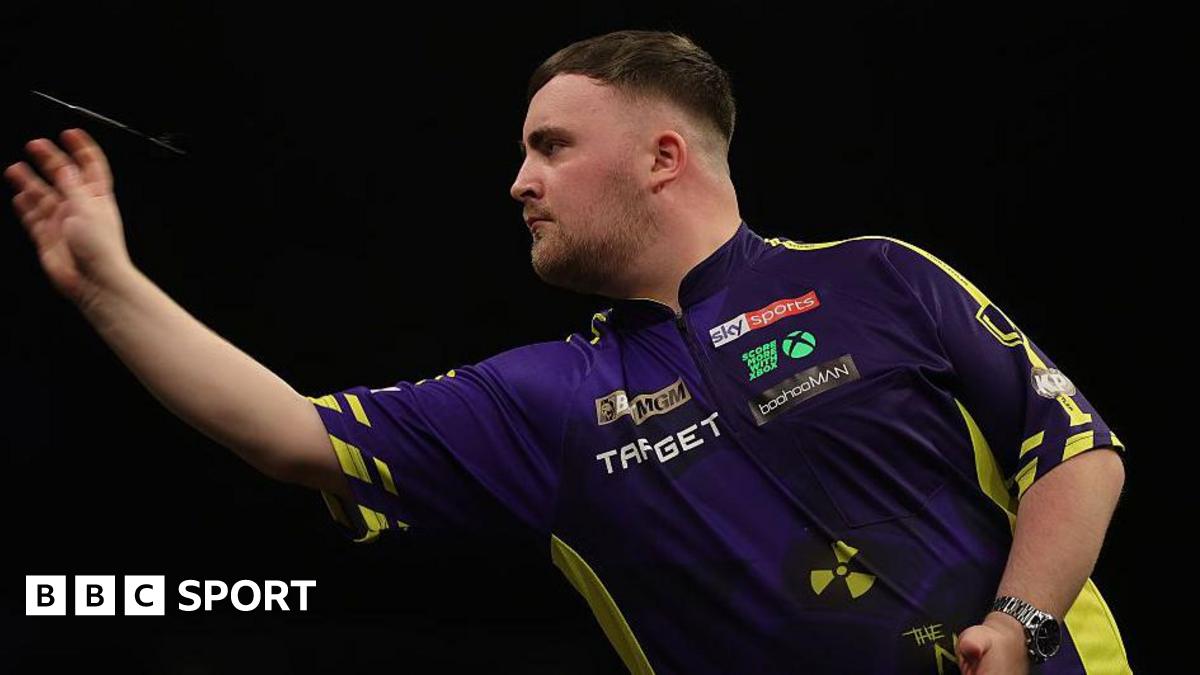

 English (US)
English (US)